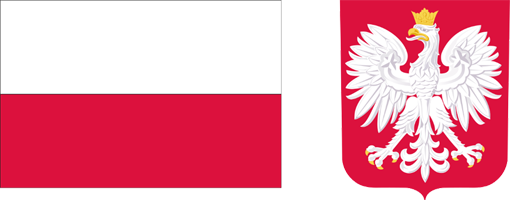Current issue
Archive
About the Journal
Aims and Scope
Advisory Board
Members of the Editorial Board
List of reviewers
Publishing process
Publishing Ethics and Malpractice Statement
Personal data protection (GDPR)
Creative Commons License
CrossRef Member / Similarity Check
For Authors
Call for papers
Guidelines for authors
Submitting a manuscript through the editorial system – step by step
For Reviewers
Peer review process
Guidelines for reviewers
Submitting a review – step by step
Contact
RESEARCH PAPER
ECONOMIC SITUATION OF ORGANIC FARMS IN POLAND ON THE BACKGROUND OF THE EUROPEAN UNION
1
Uniwersytet Przyrodniczy w Poznaniu
Submission date: 2021-02-11
Final review date: 2021-03-15
Acceptance date: 2021-04-09
Publication date: 2021-06-21
Zagadnienia Ekonomiki Rolnej / Problems of Agricultural Economics 2021;367(2):101-118
KEYWORDS
TOPICS
ABSTRACT
Organic agriculture is a relatively new production system, which is growing in importance worldwide. As in all enterprises, economic results are important for organic farms. This article aims to determine the economic situation of organic farms against the background of conventional entities on the example of Poland by comparing production potential and relations between production factors, production volume, and the economic results. The analysis was based on the data of the Polish FADN. Since organic farms in Poland are subject to the special EU support, the economic results were presented in two variants, i.e. with and without subsidies for operating activities. Such an approach constitutes an attempt to assess to what extent the two analyzed groups (i.e. organic and conventional farms) can function on the market without public support. The analysis was conducted for two extreme periods, i.e. 2007-2009 and 2016-2018. The first one marks the moment of launching the first Rural Development Programme in Poland for a full seven-year implementation period. The year 2018 provides the latest data available. According to the results, organic farms have lower production potential than conventional farms and less favourable relationships between production factors. Yields and animal productivity are also lower. More importantly, they achieve much lower economic results, which are in large part generated by direct payments. In conclusion, the study showed
a high production and income inefficiency of organic farms and their significant
dependence on public support.
We process personal data collected when visiting the website. The function of obtaining information about users and their behavior is carried out by voluntarily entered information in forms and saving cookies in end devices. Data, including cookies, are used to provide services, improve the user experience and to analyze the traffic in accordance with the Privacy policy. Data are also collected and processed by Google Analytics tool (more).
You can change cookies settings in your browser. Restricted use of cookies in the browser configuration may affect some functionalities of the website.
You can change cookies settings in your browser. Restricted use of cookies in the browser configuration may affect some functionalities of the website.



